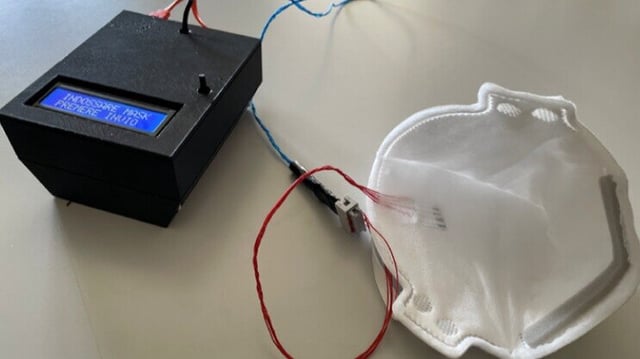Overview
- The modified surgical mask uses a sensor to detect ammonia and other gases linked to chronic kidney disease in exhaled breath.
- In tests on 100 participants, the mask demonstrated 84% sensitivity and 88% specificity in diagnosing kidney disease.
- The sensor, designed by researchers led by Corrado Di Natale, employs silver electrodes coated with polymers and porphyrins for selective gas detection.
- The technology also shows promise in estimating the stage of kidney disease, aiding in diagnosis and treatment planning.
- Published in ACS Sensors, the study highlights the potential for this wearable device to make kidney disease screening more accessible and cost-effective.


